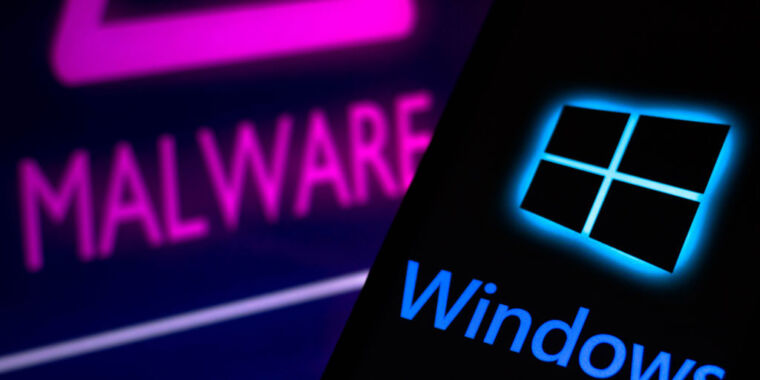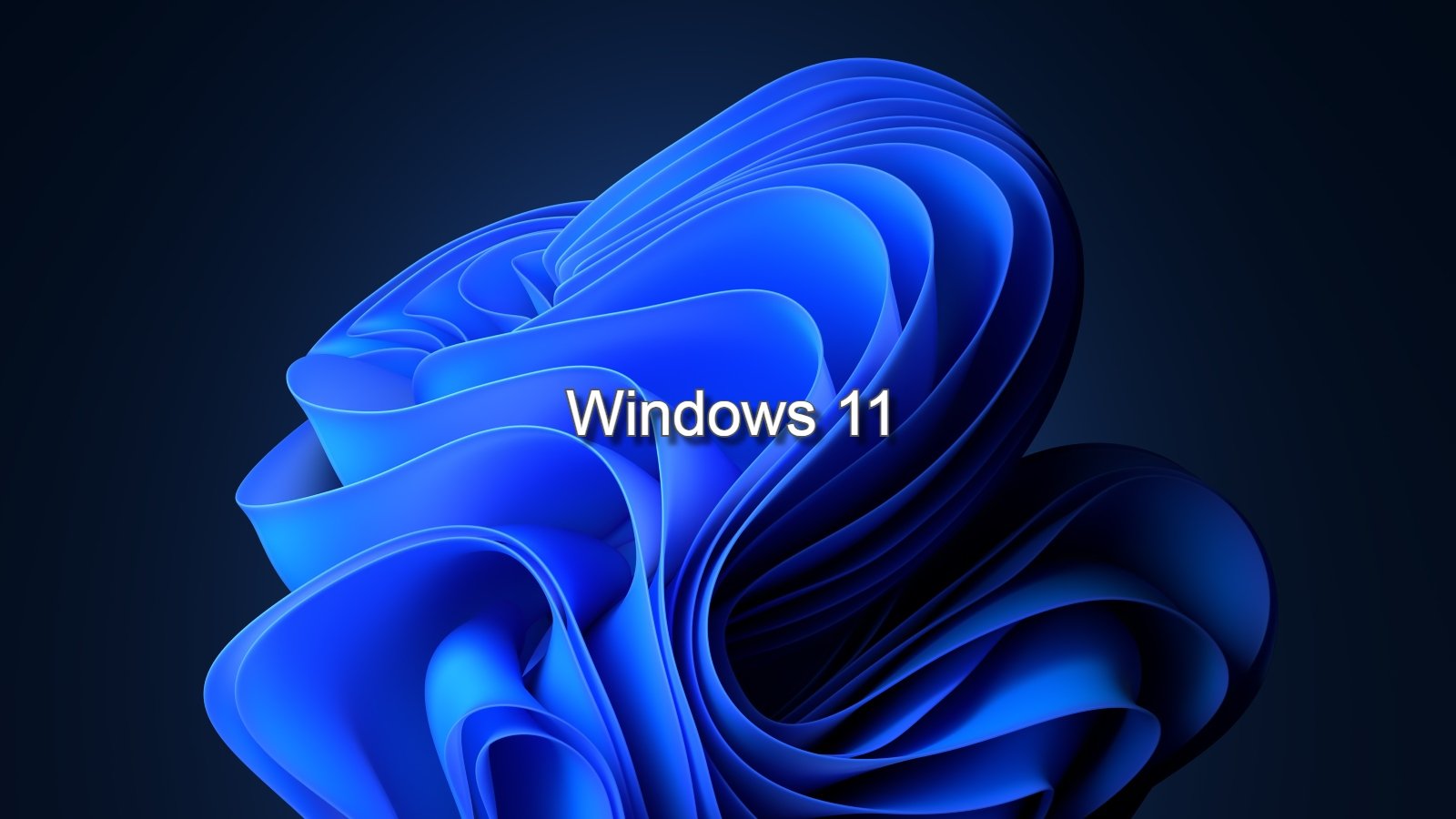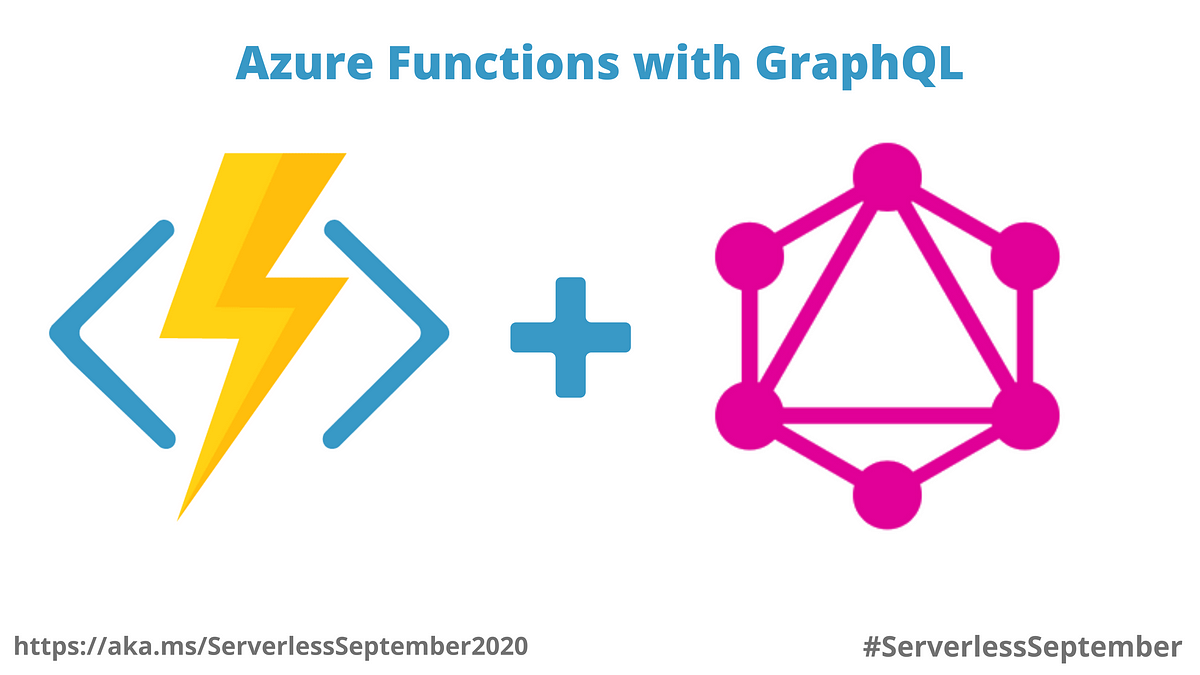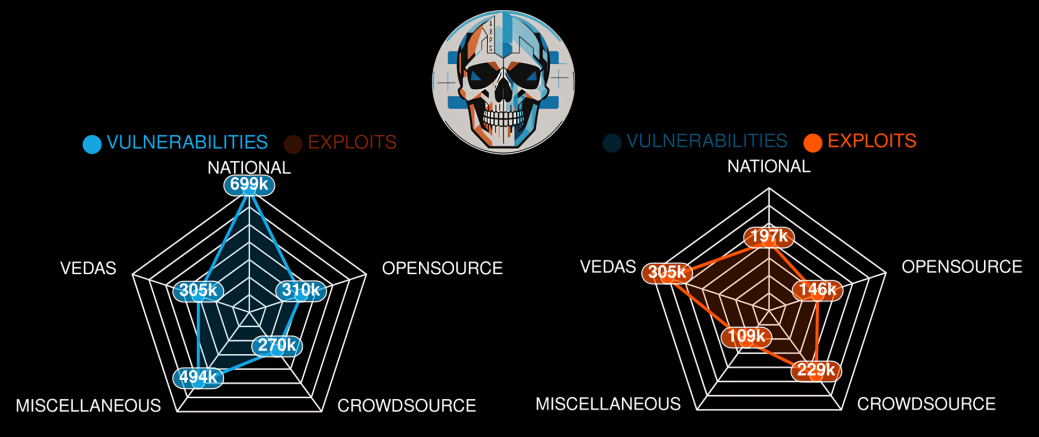
Microsoft plans to lock down Windows DNS like never before. Here’s how.
Translating human-readable domain names into numerical IP addresses has long been fraught with gaping security risks. After all, lookups are rarely end-to-end encrypted. The servers providing domain name lookups provide translations for virtually any IP address—even when they’re known to be malicious. And many end-user devices can easily be configured to stop using authorized lookup servers and instead use malicious ones.
Microsoft on Friday provided a peek at a comprehensive framework that aims to sort out the Domain Name System (DNS) mess so that it’s better locked down inside Windows networks. It’s called ZTDNS (zero trust DNS). Its two main features are (1) encrypted and cryptographically authenticated connections between end-user clients and DNS servers and (2) the ability for administrators to tightly restrict the domains these servers will resolve.
One of the reasons DNS has been such a security minefield is that these two features can be mutually exclusive. Adding cryptographic authentication and encryption to DNS often obscures the visibility admins need to prevent user devices from connecting to malicious domains or detect anomalous behavior inside a network. As a result, DNS traffic is either sent in clear text or it's encrypted in a way that allows admins to decrypt it in transit through what is essentially an adversary-in-the-middle attack.


























